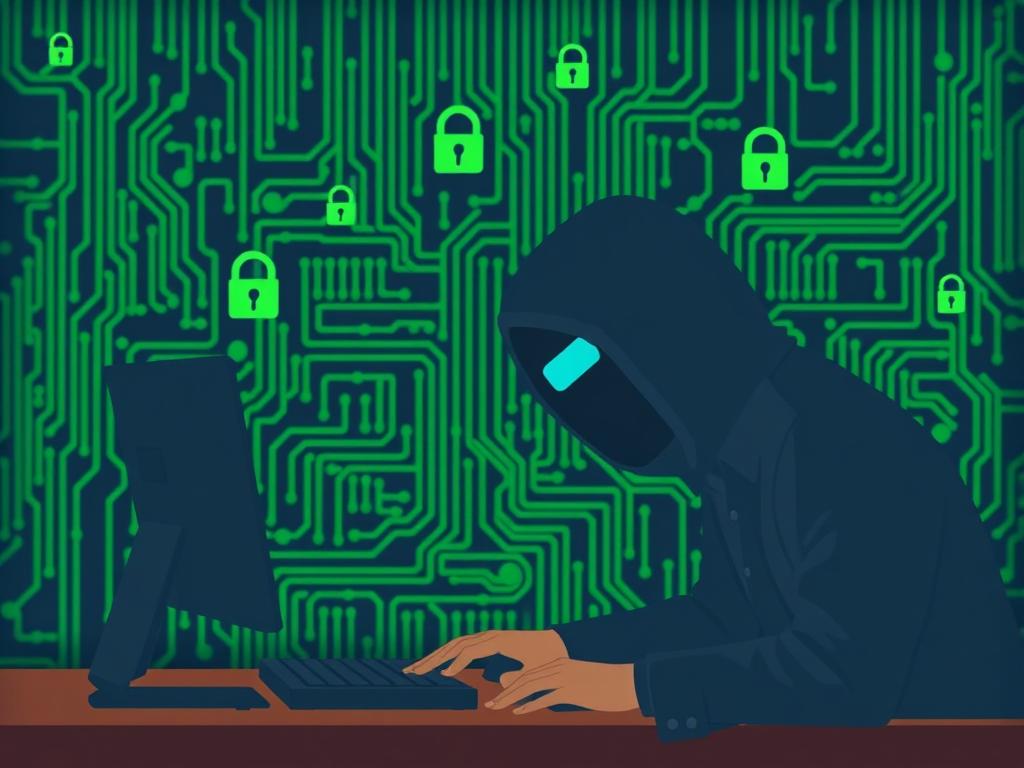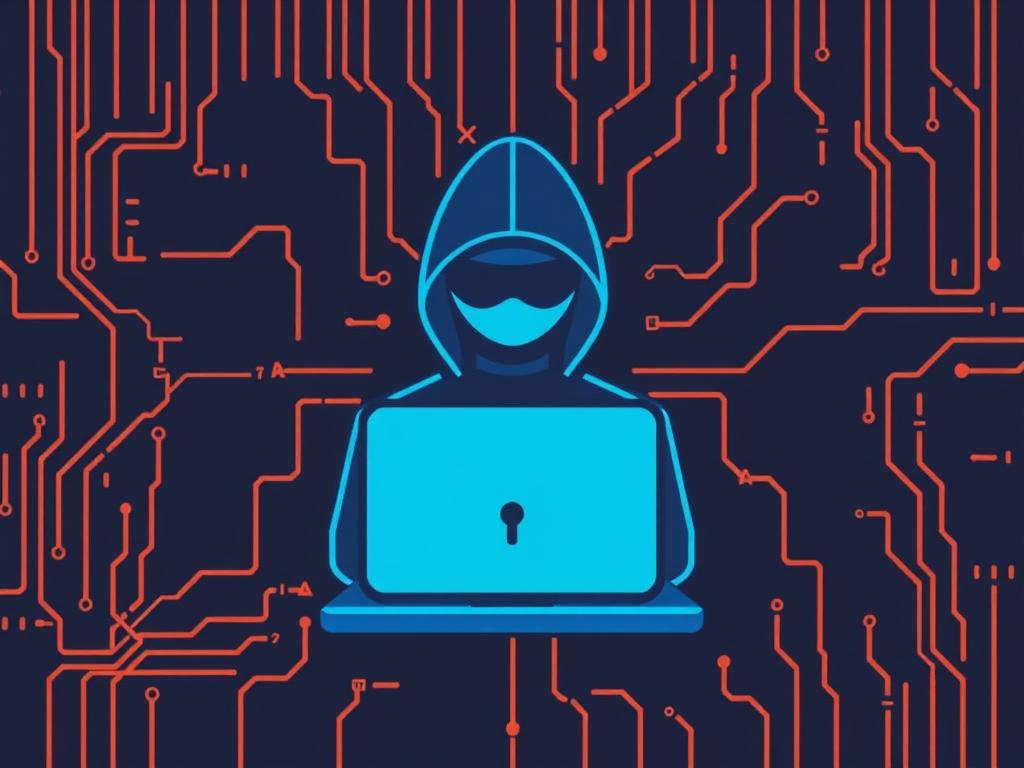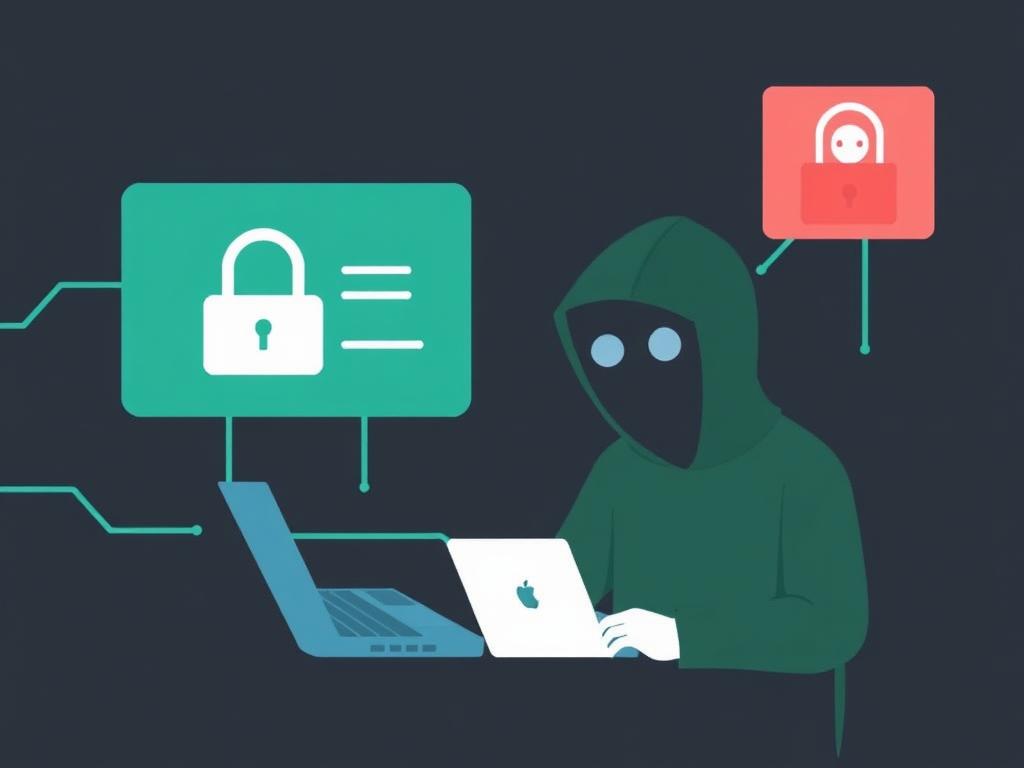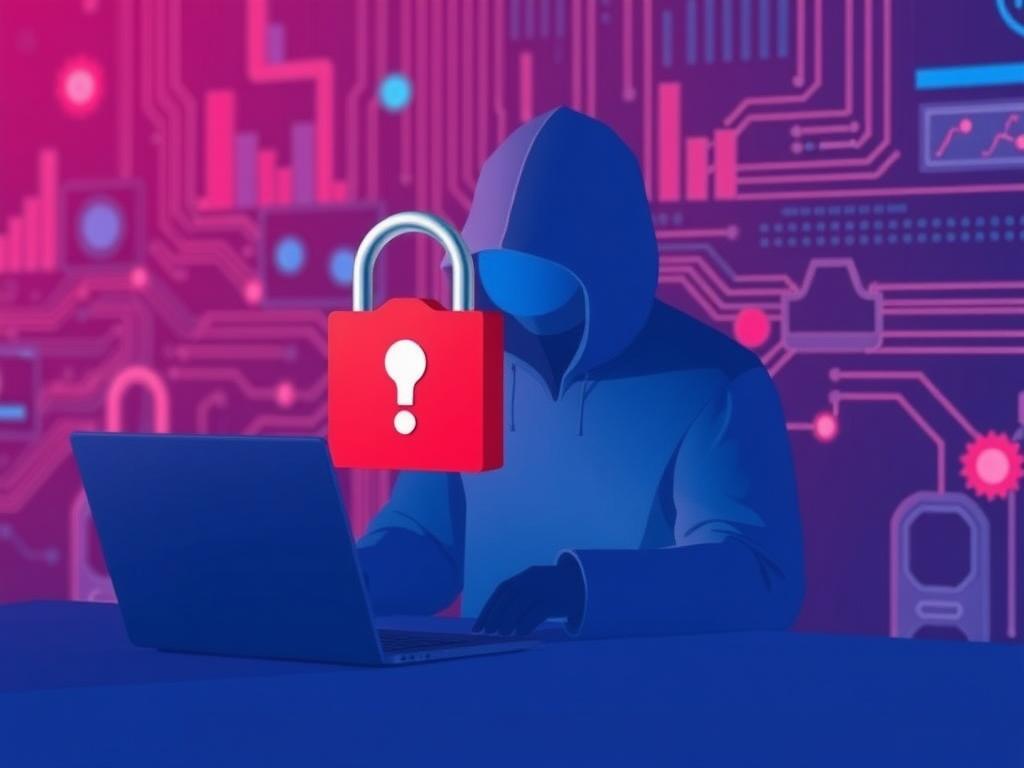Understanding What a VPN Does
Have you ever wondered if using a VPN can truly shield you from hackers, or is it just a tech buzzword? A Virtual Private Network, or VPN, is often touted as a cornerstone of online privacy and security, but the reality is a bit more nuanced. At its core, a VPN creates a secure, encrypted tunnel between your device and the internet, masking your IP address and making your online activities harder to trace. This encryption can prevent cybercriminals from snooping on your data, especially when you’re connected to public Wi-Fi networks where hackers often lurk. However, while VPNs provide a critical layer of protection, they are not impenetrable shields by themselves.
How Hackers Can Target Your Data
To truly understand if a VPN can protect you from hackers, it’s important to grasp how hackers operate. Hackers use various techniques such as phishing, malware infections, keylogging, and exploiting software vulnerabilities. These attacks often bypass the protection of a VPN by targeting the weak spots in human behavior or software flaws directly. When hackers use phishing, for instance, they trick users into giving up personal information, which a VPN alone cannot stop. Similarly, if your device is infected by malware, a VPN won’t detect or remove it. So, a VPN is a tool that helps protect your data in transit but doesn’t cover all hacking threats entirely.
The Role of Encryption and IP Masking

One crucial way VPNs protect users from hackers is through encryption. Encryption scrambles your data, making it unreadable to anyone who intercepts it. Imagine sending a letter in a locked box that only the recipient can open — that’s essentially how VPN encryption works. This is particularly important on unsecured connections such as public Wi-Fi at cafes or airports, where hackers often perform “man-in-the-middle” attacks, intercepting data packets traveling between your device and the internet. By masking your IP address, a VPN also prevents hackers from pinpointing your location or identifying your device, thereby minimizing the chances of targeted attacks.
Limitations of VPN Protection
While VPNs offer several security benefits, they also have limitations. For instance, VPNs do not protect you from malware that infects your device through downloads or malicious websites. Also, not all VPN providers offer the same level of encryption or security features; some might even log your data, which defeats the purpose of privacy. Additionally, hackers can still get to your accounts if they bypass network security and obtain your login credentials through phishing or social engineering. Here’s a quick look at what VPNs protect you from and where their coverage ends:
| What a VPN Protects Against | What a VPN Does Not Protect Against |
|---|---|
| Data interception on public Wi-Fi | Malware and viruses on your device |
| IP tracking and location spying | Phishing attacks and social engineering |
| ISP monitoring and data logging | Weak passwords and compromised accounts |
Choosing the Right VPN for Security

Not all VPNs are created equal when it comes to security. Some free VPN services might sell user data or have weak encryption protocols, making them risky choices. When picking a VPN, consider these features: strong AES-256 encryption, a strict no-logs policy, a kill switch to prevent data leaks if the VPN connection drops, and support for multiple protocols like OpenVPN or WireGuard. Paying attention to these considerations can make a big difference in how effectively a VPN protects you from hackers and other online threats.
The Bigger Picture — Multi-Layered Security
Using a VPN is just one piece of the puzzle when it comes to defending yourself against hackers. Think of cybersecurity as a layered system — the more layers you have, the harder it is for hackers to break through. Alongside a VPN, you should use strong, unique passwords, enable two-factor authentication where possible, keep your software and devices updated, and be cautious about clicking suspicious links or downloading unknown files. Here’s a handy checklist to boost your overall security:
- Use a reputable VPN with strong encryption
- Enable two-factor authentication on accounts
- Keep software and security patches updated
- Use a password manager to generate strong passwords
- Be vigilant about phishing scams and suspicious emails
When a VPN Might Not Be Enough
Although VPNs help mask your presence on the web, they don’t make you invisible or invincible. Hackers targeting a specific person—for instance, through spear-phishing, ransomware, or identity theft attacks—can still succeed despite your VPN’s presence if other security measures are lacking. Additionally, some advanced hacking techniques exploit device vulnerabilities or zero-day exploits that VPNs cannot prevent. Therefore, relying solely on a VPN without broader security hygiene could give a false sense of safety.
Final Thoughts on Whether VPNs Can Protect You from Hackers

VPNs play an integral role in protecting your online privacy and help reduce the risk of data interception and tracking by hackers. However, they are not a universal armor that can block every form of cyberattack. Understanding what a VPN does and does not protect against helps users make informed decisions and encourages them to adopt comprehensive security practices. When combined with strong passwords, updated software, antivirus tools, and cautious online behavior, VPNs can significantly enhance your defense against digital threats.
Conclusion
In the ever-evolving landscape of cyber threats, a VPN is a valuable tool to increase your online security by encrypting data and hiding your digital footprint, but it is not a standalone solution that can fully protect you from hackers. To stay truly safe, it’s crucial to view VPNs as part of a broader cybersecurity toolkit and maintain vigilant, multi-layered defenses to keep hackers at bay. Remember, online safety is about habits, tools, and awareness working together — and no single tool, not even the best VPN, can guarantee absolute protection.
